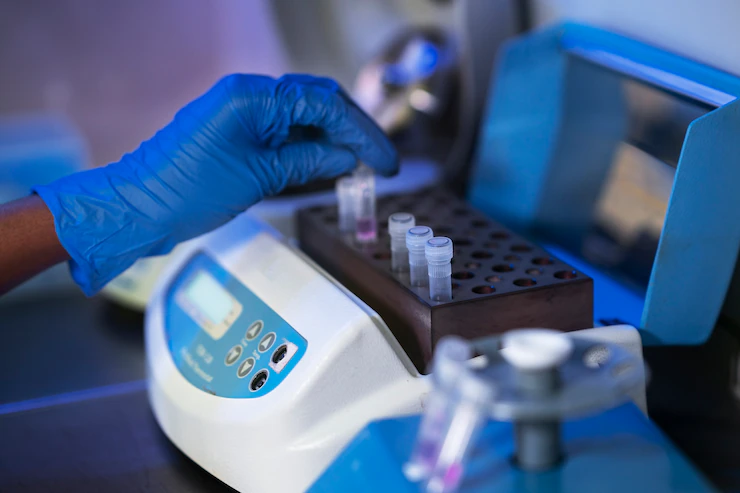Introduction:
Advances in genetic testing have revolutionized prenatal care, offering valuable insights into the health of the fetus and providing parents with important information to make informed decisions. In South Africa, genetic testing during pregnancy has become increasingly accessible, allowing for the identification of potential genetic disorders and chromosomal abnormalities. This article explores the significance of genetic testing, the types of screening available, and the importance of genetic counseling in the context of pregnancy in South Africa.
The Significance of Genetic Testing:
Genetic testing during pregnancy serves multiple purposes. It helps identify genetic disorders and chromosomal abnormalities in the developing fetus, enables early interventions, facilitates informed decision-making, and provides emotional support to expectant parents. Understanding the genetic health of the fetus allows healthcare professionals to provide appropriate care and support throughout the pregnancy journey.
Types of Genetic Screening:
- Non-invasive Prenatal Testing (NIPT): NIPT is a blood test that screens for common chromosomal abnormalities, such as Down syndrome (trisomy 21), Edwards syndrome (trisomy 18), and Patau syndrome (trisomy 13). It analyzes cell-free fetal DNA circulating in the mother’s bloodstream, offering accurate results with a low risk of complications.
- Carrier Screening: Carrier screening assesses the parents’ genetic status for certain inherited disorders, such as sickle cell anemia, cystic fibrosis, and thalassemia. This screening helps identify if either parent carries a genetic variant that could be passed on to the child.
- Diagnostic Testing: In some cases, further diagnostic testing may be recommended based on the results of previous screenings or if there is a suspected genetic condition. Diagnostic testing, such as chorionic villus sampling (CVS) or amniocentesis, involves collecting fetal cells for analysis, providing more definitive information about the presence of specific genetic disorders.
Importance of Genetic Counseling:
Genetic counseling is a crucial component of the genetic testing process. It involves a comprehensive discussion between healthcare professionals and expectant parents, focusing on the implications of test results, available options, and emotional support. Genetic counselors help individuals and families understand the complexities of genetic conditions, assess the risk factors, and navigate the decision-making process.
In South Africa, genetic counseling plays a significant role in addressing the diverse genetic landscape of the population. Due to the country’s diverse ethnic composition, different genetic conditions may be more prevalent among specific communities. Genetic counselors are trained to provide culturally sensitive counseling and tailor information to individual needs.
The Role of Genetic Counselors:
- Education and Informed Decision-making: Genetic counselors educate parents about the benefits, limitations, and potential risks of genetic testing. They provide comprehensive information about the conditions being screened for and discuss the implications of test results, empowering parents to make informed decisions about their pregnancy.
- Emotional Support: Genetic testing can evoke a range of emotions for expectant parents, including anxiety, fear, and uncertainty. Genetic counselors offer emotional support, providing a safe space for parents to express their concerns, ask questions, and navigate the emotional challenges associated with genetic testing.
- Family History Assessment: Genetic counselors assess family medical history, identifying potential risk factors and hereditary conditions that may require further evaluation. This information helps guide the selection of appropriate genetic screening tests and counseling strategies.
- Collaboration with Healthcare Providers: Genetic counselors work closely with obstetricians, gynecologists, and other healthcare professionals involved in prenatal care. They contribute to a multidisciplinary approach, ensuring seamless communication and coordinated care throughout the testing and counseling process.
Conclusion:
Genetic testing and counseling have become invaluable tools in prenatal care, providing valuable insights into the genetic health of the fetus. In South Africa, the availability of genetic screening and counseling services allows expectant parents to make informed decisions and receive the support they need. By integrating genetic testing and counseling into routine prenatal care, healthcare professionals can help ensure healthier pregnancies, early interventions, and improved outcomes for both parents and their children.










